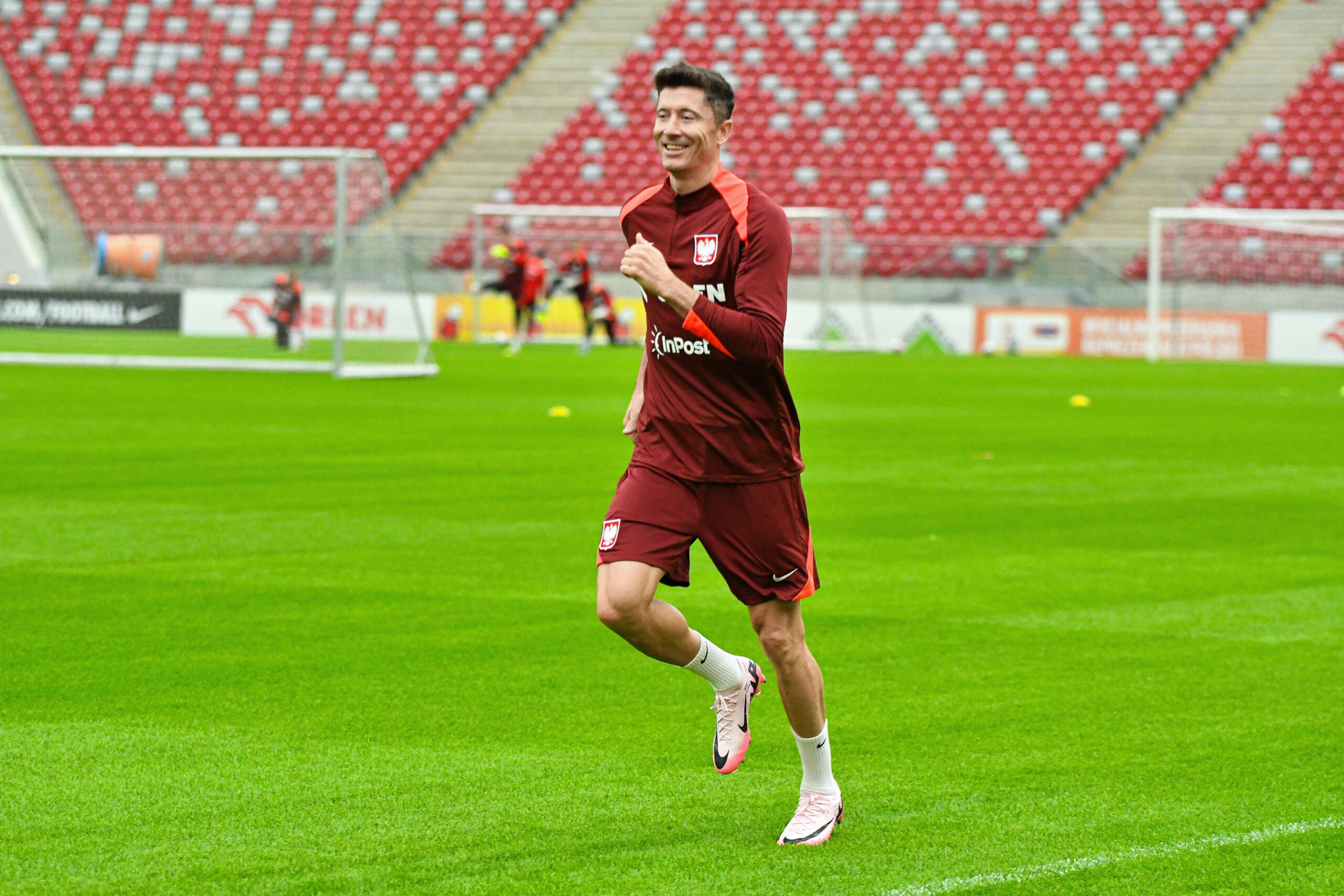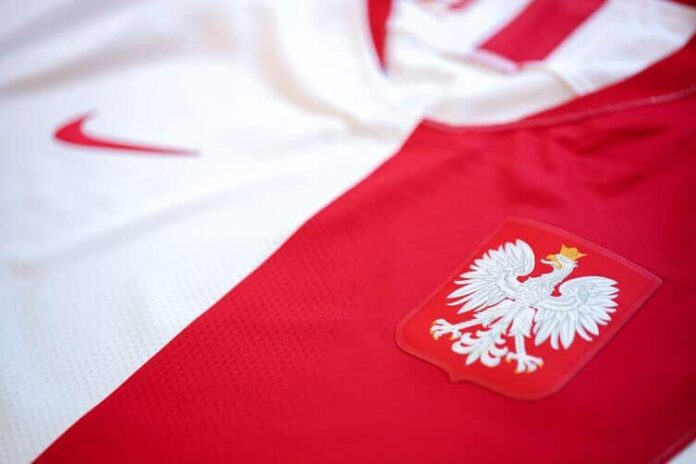Poland at Euro 2024: A Transition in Motion Amidst Stiff Competition
Poland’s Quest for Identity in European Football
As Euro 2024 approaches, Poland finds itself in a peculiar phase of transition, navigating the tricky waters between a celebrated past and an uncertain future. With stalwarts like Robert Lewandowski beginning to show signs of waning prowess, the Polish team is in a state of evolution, perhaps not as rapidly as one might hope. The tournament in Germany presents not just a challenge in terms of competition but also a litmus test for the team’s future trajectory under Michal Probierz.

Michal Probierz’s Tactical and Personnel Challenges
Stepping into the shoes of his predecessors under less than ideal circumstances, Michal Probierz’s ascent as head coach of the Polish national team has been met with mixed emotions. Tasked with rejuvenating a squad that scraped through to the finals, Probierz has attempted to blend youthful zest with the waning twilight of established stars. Despite inheriting a team low on morale and cohesion, his efforts to inject new blood and vitality, particularly by giving chances to younger players in significant roles, have started to reshape the team’s dynamics.

Probierz, known for his straightforward approach and occasionally controversial remarks, brings a fresh perspective to a team that desperately needs revitalization. His blunt critique of Barcelona’s treatment of Lewandowski and candid admissions about his ascent in coaching ranks reflect a man unafraid to speak his mind, which might just be what Poland needs.
The Weight of Expectations and Reality
With a group comprising the Netherlands, Austria, and France, Poland is undeniably underdogs in what has been dubbed the ‘Group of Death.’ Expectations back home are tempered with realism; the Polish fans, while hopeful, are not expectant of miracles. Ryan Hubbard notes the pragmatic sentiment prevalent among supporters: celebrating the qualification as much as harbouring any hopes of significant success.
The squad, laden with players either at the twilight of their careers or not yet in full bloom, embodies this transition. The reliance on Lewandowski remains, but the emergence of players like Nicola Zalewski and Jakub Piotrowski offers glimpses of potential renewal. Yet, with a defence that lacks the robustness of yesteryears and a midfield missing its stalwart figures, the challenges are stark.

Lewandowski’s Legacy and the Road Ahead
Lewandowski’s journey with the national team has been nothing short of inspirational, but as Euro 2024 might potentially mark one of his final major international outings, the focus will inevitably shift towards his potential successors. Can the likes of Piatek or Swiderski step up to fill the void? The tournament will provide some answers but perhaps more questions about Poland’s attacking future.
Despite the undeniable challenges, the tournament offers Poland an opportunity to test its mettle against some of Europe’s finest, gauge the depth of its squad, and perhaps, lay down the groundwork for a new era. As they look back at the 1974 World Cup team, the echoes of past glories will undoubtedly inspire, but the realities of today will necessitate a grounded approach.
Euro 2024 is more than just another tournament for Poland; it is a chance to redefine their identity on the European stage, to transition from the shadow of their illustrious past into a future that is still taking shape. How well they manage this transition could well define Polish football for years to come.


